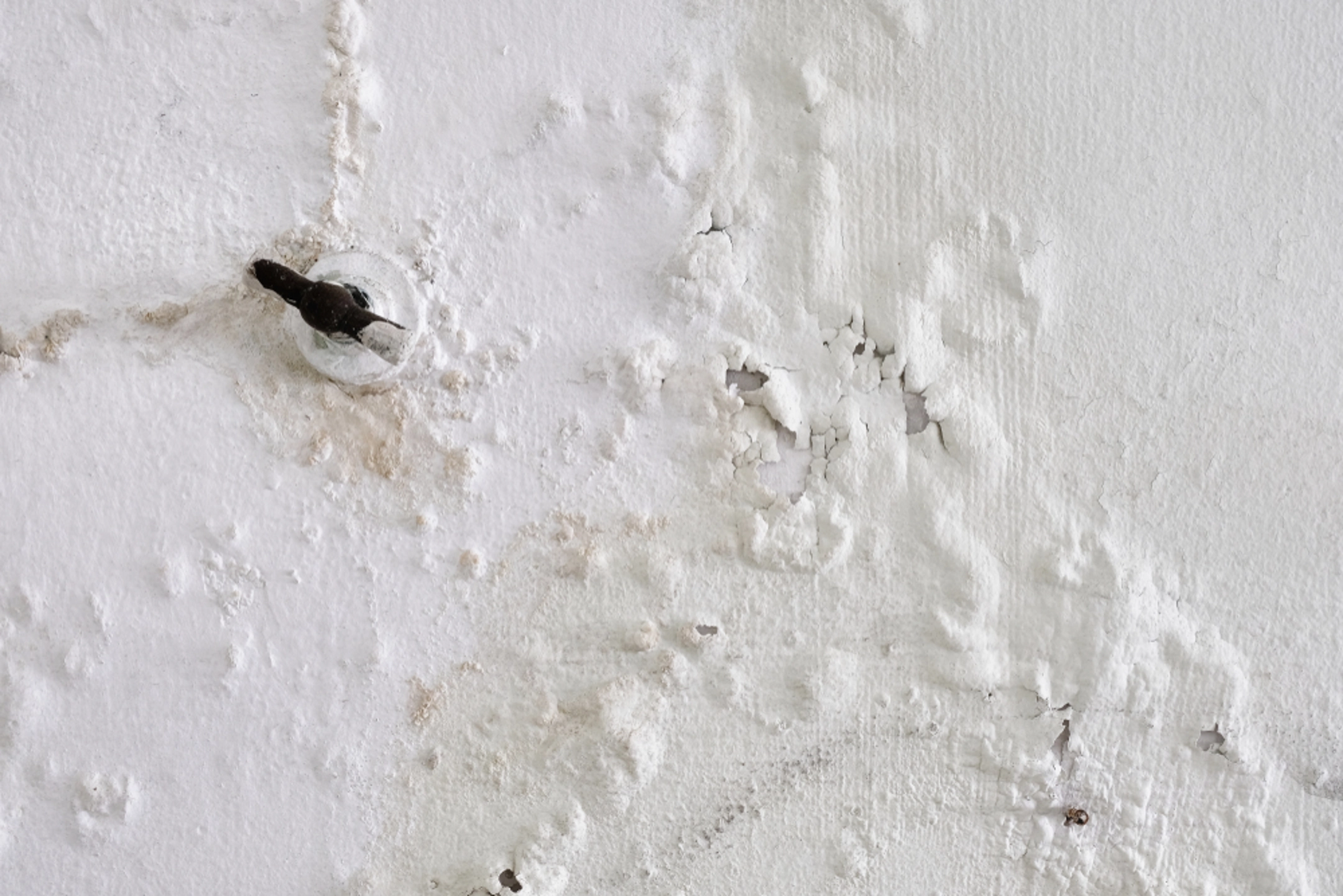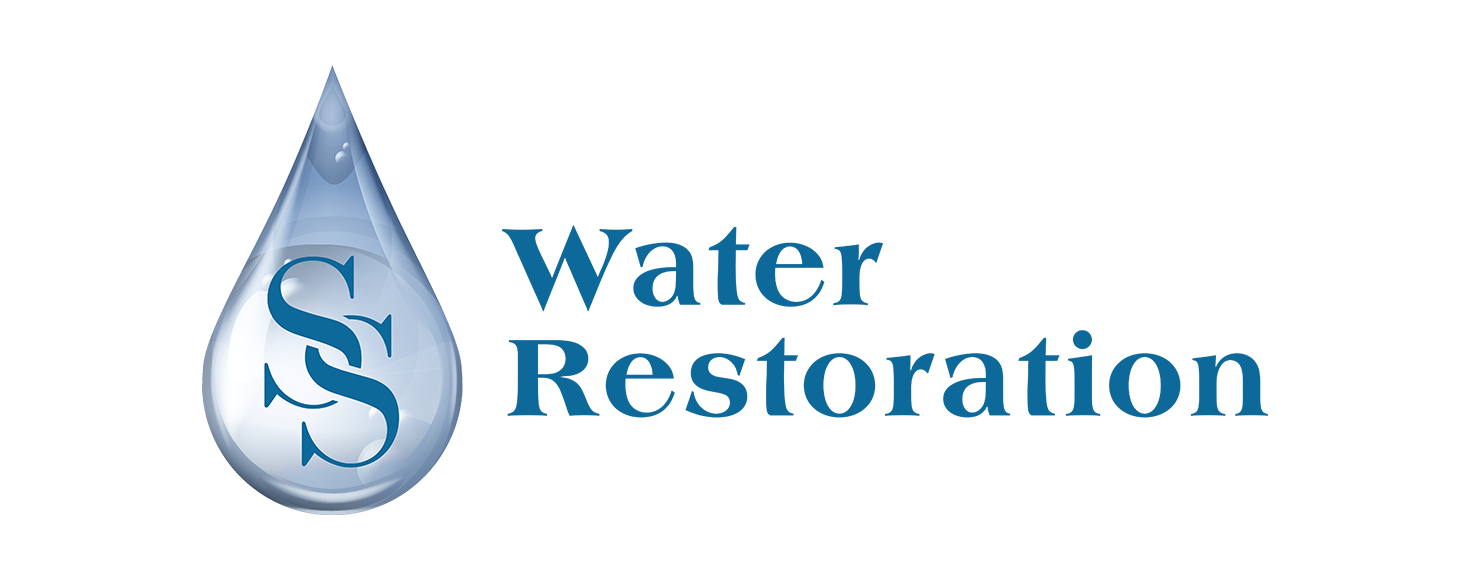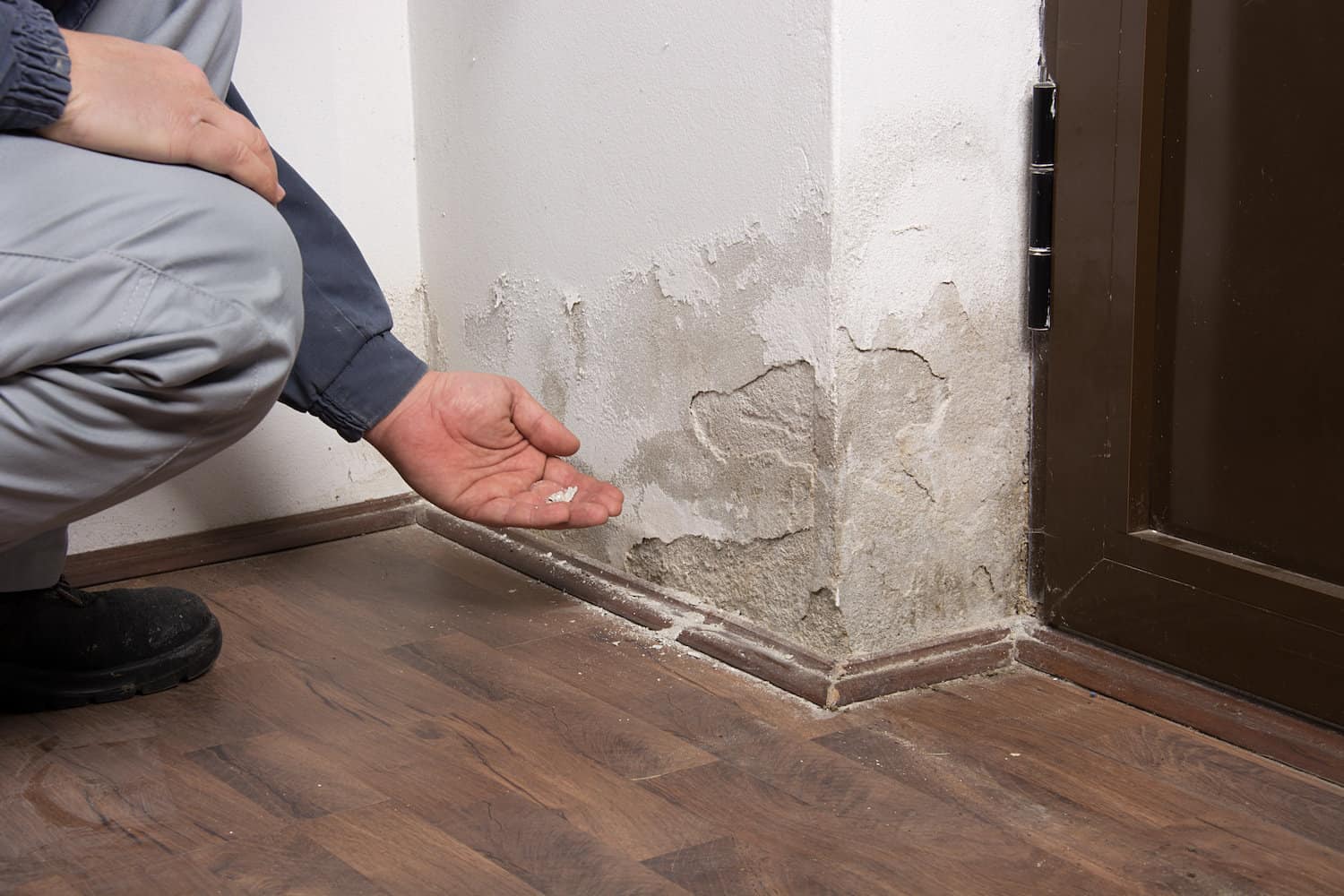The Process of Water Damages Cleaning: Guaranteeing Your Home Is Restored Effectively
Water damage can be a difficult challenge for home owners, necessitating a organized and thorough clean-up process to restore safety and security and functionality. Initially, an extensive evaluation is critical to recognize the extent of the damage and identify the ideal remediation steps. Following this, effective water extraction techniques play a critical duty in alleviating additional harm. The nuances of drying, sterilizing, and eventual remediation are equally essential and commonly neglected. Understanding these phases can make a substantial difference in the outcome of your home's remediation, prompting a closer take a look at what each action entails.
Assessing the Damages
Upon uncovering water damage, the initial step is to thoroughly evaluate the degree of the impact. This initial evaluation is important, as it assists identify the essential actions for efficient cleanup and restoration. Begin by inspecting the impacted locations, consisting of walls, ceilings, floorings, and personal belongings, to determine the source of the water invasion, whether from flooding, leakages, or condensation.
Recording the damage is important for both insurance policy cases and preparing reconstruction efforts - damage restoration services. Use photos and written notes to record the extent of the damage, noting any afflicted architectural components and products. Pay special interest to areas that might not be right away noticeable, such as behind walls and under carpets, as concealed dampness can cause more complications, consisting of mold and mildew development
In addition, examine the timeline of the water direct exposure. Eventually, an extensive evaluation lays the foundation for a successful water damages clean-up process, making certain that all influenced areas are addressed properly and thoroughly.
Water Removal Techniques

Specialists generally use completely submersible pumps for larger volumes of water, which can swiftly ease flooding in basements or various other impacted areas. For smaller amounts, wet/dry vacuum cleaners are usually made use of to extract recurring moisture from carpetings and hard surfaces. Furthermore, making use of mobile extractors permits targeted removal in confined spaces or locations with delicate products.
In instances of contaminated water, such as sewer or floodwater, advanced extraction techniques may involve using biohazard devices to make sure safety and conformity with wellness laws. High-powered removal devices are essential in reducing water retention in architectural products, which can cause mold and mildew development and structural wear and tear if not attended to promptly.
Inevitably, the performance of water removal strategies plays a critical function in the total success of the water damage clean-up procedure, laying the groundwork for succeeding remediation initiatives.
Drying and Dehumidification
When standing water has actually been successfully removed, the following critical phase in the water damage cleaning procedure is drying out and dehumidification. This action is necessary to prevent more damages and mold and mildew development, which can occur within 24 to 48 hours in damp environments.
To attain effective drying, specialized devices such as industrial-grade air moving companies and dehumidifiers is used. Air movers flow air across wet surface areas, boosting evaporation rates, while dehumidifiers reduce humidity levels in the air, advertising a helpful atmosphere for drying. The mix of these devices makes sure that dampness is extracted from floors, home furnishings, and wall surfaces, permitting them to completely dry thoroughly.
It is necessary to keep track of the drying out process closely. Experts commonly utilize moisture meters to analyze the moisture material in numerous products, guaranteeing that all influenced locations reach acceptable dry skin degrees. This careful technique helps to stop covert wetness pockets that might cause structural damages or unhealthy mold and mildew development.

Cleaning and Sterilizing
After the drying out and dehumidification stage is total, the following crucial action in water damages cleanup is cleaning and sanitizing the affected locations. This process is vital to avoid the development of mold, germs, and other virus that flourish in wet settings.
The cleansing stage generally involves getting rid of any kind of debris, dirt, and contaminants from surface areas using specialized cleaning up agents. For difficult surface areas, a combination of soap and water or commercial cleaning products is typically used. Soft materials, such as furniture and carpets, may need extra comprehensive cleaning techniques, consisting of heavy steam cleansing or deep extraction methods, to ensure extensive sanitation.

Disinfecting complies with cleaning, making use of EPA-approved disinfectants to get rid of harmful microorganisms. This step is vital, specifically in locations that may have come right into call with floodwaters or sewage, as these resources can pose significant health dangers.
Furthermore, it is essential to deal with any kind of continuing water damage restoration certification to be smells, which may require making use of smell neutralizers or advanced techniques like ozone treatment. Appropriate cleaning and sanitizing not only recover the safety and security and health of your home however also prepared for effective remediation and repair work in succeeding stages of the water damages cleanup process.
Remediation and Fixings

Once the assessment is complete, remediation initiatives can start. In addition, floor covering might call for comparable focus, depending on the degree of water exposure.
It is critical to engage skilled remediation professionals see this website throughout this procedure, as they have the competence to handle complicated repairs properly. In addition, they can help reduce prospective future issues, such as mold growth or architectural instability, therefore ensuring a habitable and safe living environment. Ultimately, reliable reconstruction and repairs restore the home's honesty and enhance its overall value.
Verdict
In verdict, the procedure of water damages cleaning is essential for restoring a home to its pre-damage problem. Each phase, from analyzing the damage to executing reliable water extraction methods, followed by complete drying, sterilizing, and required repair work, plays a crucial duty in ensuring safety and conformity with structure requirements. Reliable execution of these steps not only alleviates instant damages however also enhances the long-term honesty and value of the residential property.
Water damage can be an overwhelming difficulty for home owners, demanding a organized and meticulous cleaning process to restore safety and capability. Inevitably, a comprehensive analysis lays the foundation for an effective water damages clean-up process, ensuring that all influenced areas are attended to effectively and extensively.
Effective water extraction techniques are vital in minimizing damages and protecting against additional issues complying with a water breach occasion.In conclusion, the procedure of water damages cleaning is essential for bring back a home to its pre-damage condition. Each stage, from examining Related Site the damage to applying efficient water extraction techniques, followed by comprehensive drying out, sanitizing, and needed repairs, plays a vital duty in making sure safety and security and compliance with structure criteria.
Comments on “Quick Response Emergency Water Leak Repair for Residential and Commercial Needs”